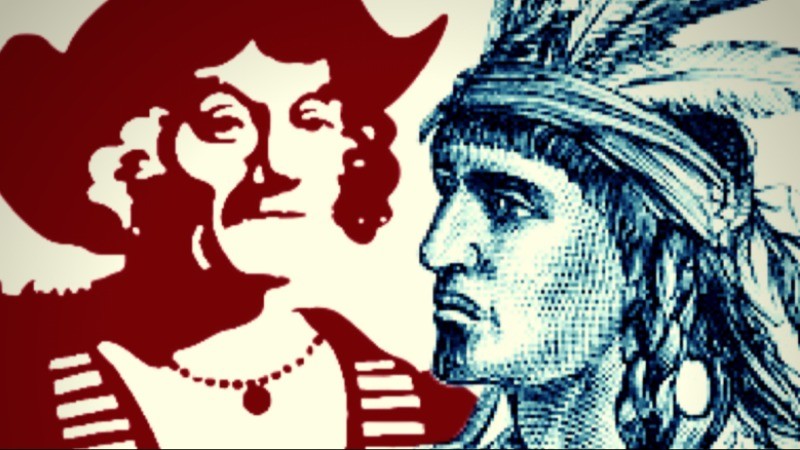
On October 14, the second Monday of the month, the United States marks a significant yet contentious occasion: Columbus Day or Indigenous Peoples’ Day. The observance of this holiday varies widely across the nation, reflecting deep historical and cultural divides regarding the legacy of Christopher Columbus and the rights of Indigenous peoples.
A Divided Commemoration
Sixteen states and the territory of American Samoa continue to observe the second Monday in October as Columbus Day, celebrating the arrival of Columbus in the Americas in 1492. However, a growing number of states and localities have shifted their focus to Indigenous Peoples’ Day, recognizing the profound impact of colonization on Native American communities and honoring the rich history and culture of Indigenous peoples.
This divergence in observance has ignited debates about the appropriateness of honoring Columbus. Critics, including many Native Americans and progressive advocates, argue that celebrating Columbus overlooks the violence and displacement faced by Indigenous communities following his arrival. They advocate for Indigenous Peoples’ Day as a day of reflection and recognition of the struggles endured by Aboriginal people throughout history.
The Landscape of Recognition
Despite the ongoing discussions, the status of Columbus Day varies significantly across the United States:
According to the Council of State Governments’ comprehensive Book of the States, the landscape has shifted dramatically over the past two decades. Twenty-five states and the District of Columbia observed Columbus Day as a public holiday just two decades ago. However, as Indigenous voices have gained prominence, many states have chosen to rename or abandon the holiday altogether.
State-Specific Observances
Colorado’s Shift
Colorado holds a particularly notable position in this debate. It was the first state to designate the second Monday in October as Columbus Day over a century ago. However, in 2020, the state replaced Columbus Day with a new holiday on the first Monday in October to honor Frances Xavier Cabrini, reflecting changing attitudes towards the celebration of colonial figures.
As Columbus Day and Indigenous Peoples’ Day approaches on October 14, the conversation around this holiday continues to evolve. For many, it is a day to reflect on the past, acknowledging the complexities of history and the need for a more inclusive narrative that honors Indigenous peoples' contributions and experiences. The varied observances across the United States illustrate the ongoing struggle for recognition and justice for Native American communities, prompting a critical re-examination of who we celebrate and why.